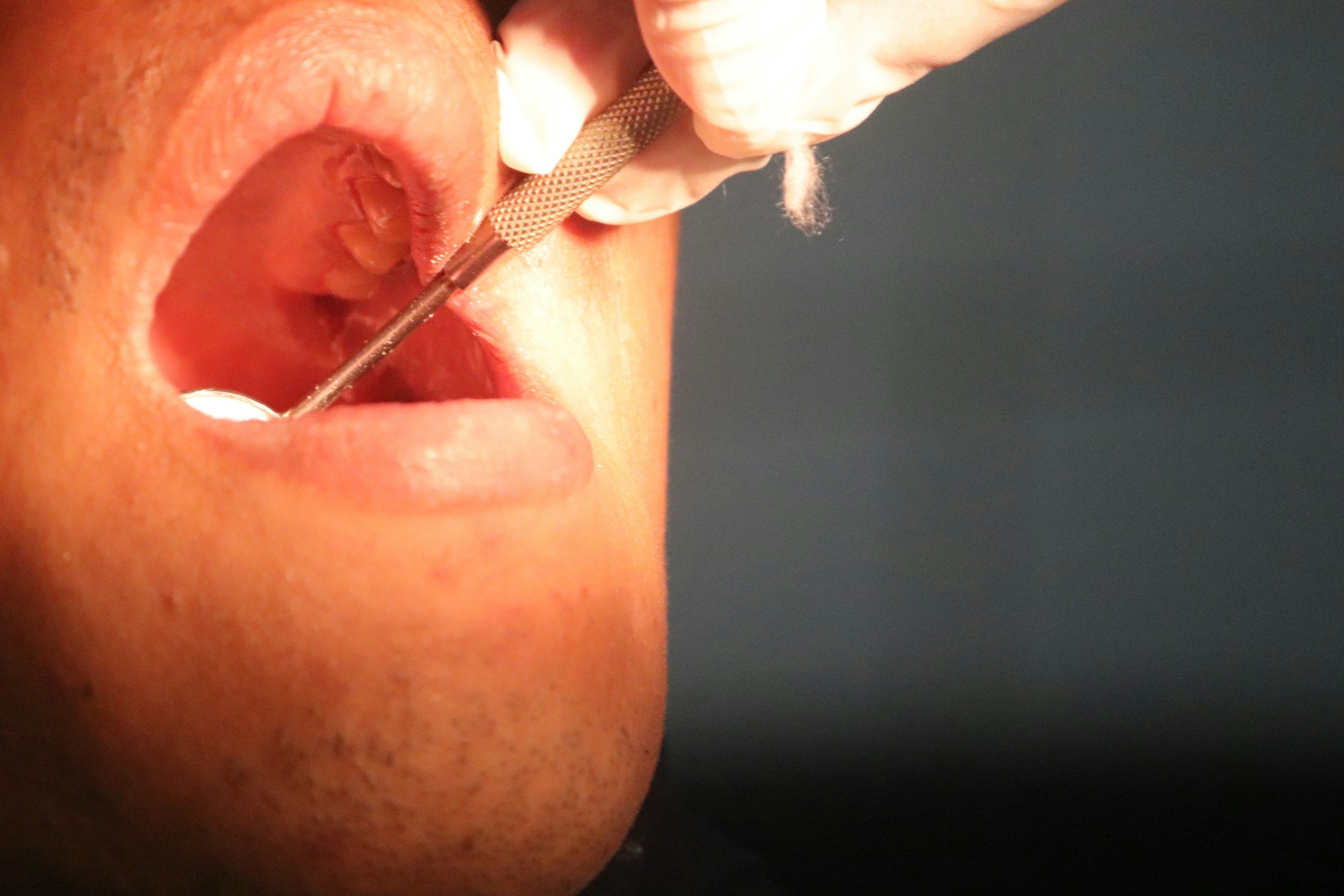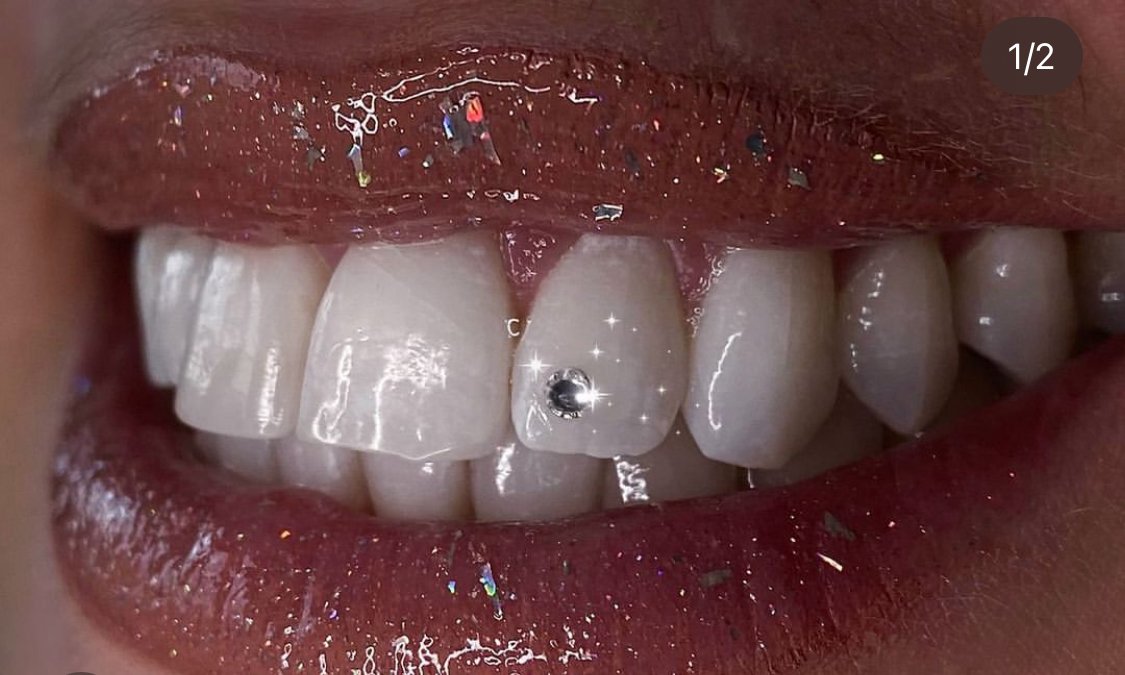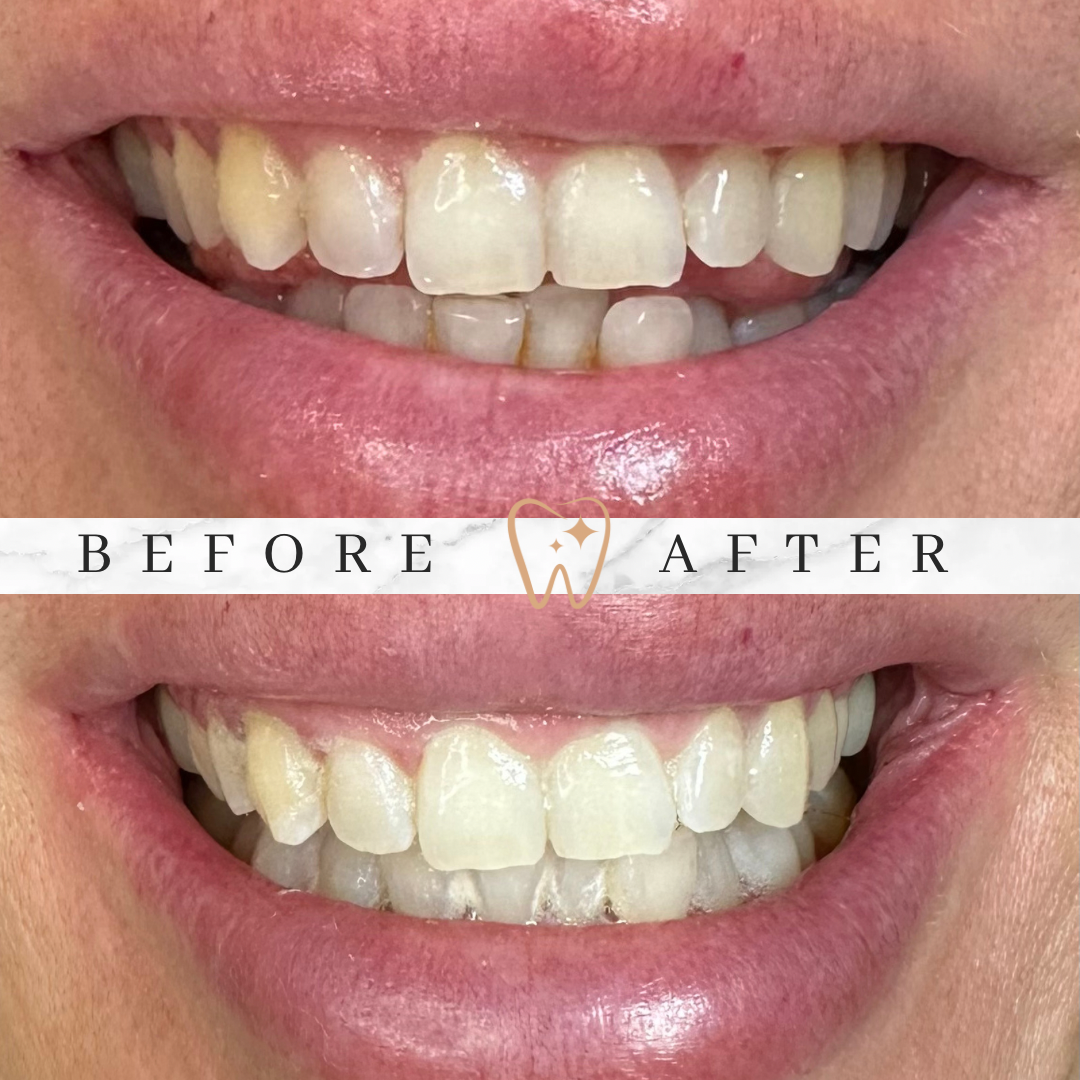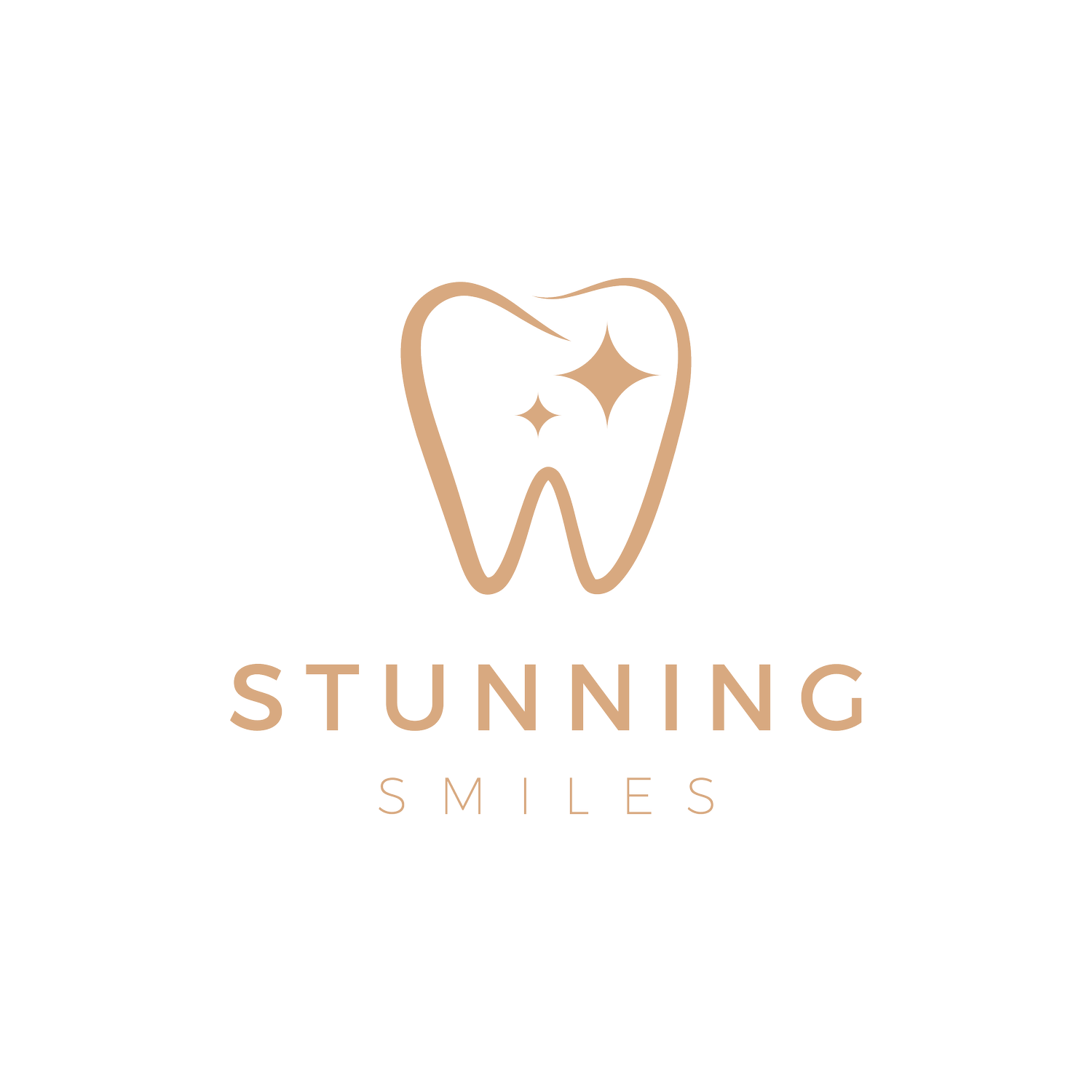
The Hidden Risks of Oral Piercings: What You Need to Know
**The Hidden Risks of Oral Piercings: What You Need to Know**
Oral piercings have become increasingly popular as a form of self-expression, with many opting for tongue, lip, or cheek piercings to enhance their appearance. While these piercings may seem like a trendy way to accessorize, they come with significant risks, especially when it comes to your oral health. Let's explore the potential dangers associated with oral piercings and why it's crucial to weigh these risks before getting pierced.
**1. Increased Risk of Infection**
One of the most immediate concerns with oral piercings is the heightened risk of infection. The mouth harbors a vast array of bacteria, and piercing the tongue, lips, or cheeks creates an open wound that can easily become infected. Infections can lead to swelling, pain, and in severe cases, abscesses that may require medical intervention.
**2. Damage to Teeth and Gums**
Oral piercings can also cause physical damage to teeth and gums. Constantly playing with or biting down on oral jewelry can result in cracked or chipped teeth. The metal or acrylic balls and studs used in piercings can rub against the gums, causing irritation, recession, and potentially leading to gum disease over time.
**3. Interference with Oral Function**
Tongue piercings, in particular, can interfere with normal oral functions such as speaking, chewing, and swallowing. Swelling and discomfort after getting a tongue piercing can make these everyday activities challenging and may require a period of adjustment. In some cases, excessively large or improperly placed oral jewelry can obstruct the airway, posing a risk of choking.
**4. Oral Health Complications**
Piercings can create a breeding ground for bacteria and make it difficult to maintain proper oral hygiene. Food particles and plaque can easily accumulate around oral jewelry, increasing the risk of tooth decay and gum disease. Additionally, piercings can cause chronic irritation to the soft tissues of the mouth, leading to chronic inflammation and discomfort.
**5. Potential Allergic Reactions**
Some individuals may experience allergic reactions to the metals used in oral jewelry, such as nickel or cobalt. Allergic reactions can manifest as swelling, itching, or redness around the piercing site and may require removal of the jewelry to alleviate symptoms.
**6. Long-term Health Concerns**
While the immediate risks of oral piercings are concerning, there are also potential long-term health implications to consider. Chronic inflammation and irritation from oral piercings can contribute to the development of oral cancers or other serious oral health conditions over time.
**Conclusion**
While oral piercings may be a popular fashion statement, it's important to understand and weigh the potential risks they pose to your oral health. Before deciding to get an oral piercing, carefully consider the implications discussed above and consult with a reputable piercing professional and your dentist. If you already have oral piercings, diligent oral hygiene practices and regular dental check-ups are essential to minimize the risks and maintain your oral health. Remember, making informed decisions about your body and health is always in style.

The Surprising Link Between Oral Health and Sexual Health
Gum Disease and Its Implications
Research suggests that gum disease, such as gingivitis and periodontitis, may be linked to certain sexual health issues. The bacteria responsible for gum disease can enter the bloodstream through inflamed gums. Once in the bloodstream, these bacteria can travel to other parts of the body, potentially contributing to inflammation and infection in the genital area. For instance, in men, gum disease has been associated with erectile dysfunction (ED). While the exact mechanisms are still being studied, the correlation underscores the importance of oral health in overall bodily health.
Oral Health and Sexual Intimacy
Beyond the physiological connections, there are practical considerations for oral health and sexual intimacy. Poor oral hygiene can lead to bad breath, which can be a turn-off and impact your confidence during intimate moments. Additionally, the transmission of oral infections through kissing or oral sex is a real concern. Sexually transmitted infections (STIs) such as herpes, gonorrhoea, and HPV can be transmitted through oral contact, highlighting the need for both partners to maintain good oral hygiene and communicate openly about their health.

The Connection Between Hormones and Oral Health: What You Need to Know
hormones and oral health

Protecting Your Smile: The Importance of Sports Mouthguards and Why Custom Fit Matters
sports mouthguards to protect your smile

Whitening Before Major Dental Work: Veneers and Resin Bonding
Whitening Before Major Dental Work: Veneers and Resin Bonding

The Efficacy of Fissure Sealants on Children's Teeth: A Comprehensive Guide

The Impact of Dummy Use on Children's Teeth: What Parents Need to Know

Understanding Tooth Sensitivity During Teeth Whitening: Causes, Prevention, and Professional Help
Protecting Your Smile: The Importance of Sports Mouthguards and Why Custom Fit Matters

Sparkling Smiles: A Guide to Tooth Gem Maintenance
Sparkling Smiles: A Guide to Tooth Gem Maintenance

The Perils of Nail Biting and Using Teeth as Tools: A Dental Health Wake-Up Call
The Perils of Nail Biting and Using Teeth as Tools: A Dental Health Wake-Up Call

Brighten Your Smile Safely: The Benefits of Teeth Whitening
Brighten Your Smile Safely: The Benefits of Teeth Whitening

The Truth About Teeth Whitening Sensitivity: Debunking Myths and Ensuring Safe, Bright Smiles
Teeth whitening is one of the most popular cosmetic dental procedures, promising a brighter, more confident smile in just a few sessions. However, concerns about sensitivity often deter people from pursuing whitening treatments. Let's uncover the truth behind teeth whitening sensitivity, dispel common myths, and assure you that whitening is ultimately safe for most individuals.

The Bittersweet Truth About Coffee and Teeth: How to Enjoy Your Brew Without Staining Your Smile
What is your morning ritual really doing to your smile?

The Lowdown on Veneers vs. Teeth Whitening: Understanding the Risks and Benefits
When it comes to enhancing your smile, understanding the risks and benefits of different cosmetic dental procedures is crucial. While veneers offer instant results and can address multiple cosmetic concerns, they come with permanent alterations and higher costs. On the other hand, teeth whitening provides a natural and less invasive option for achieving a brighter smile, albeit with temporary results.

The Price of a Dazzling Smile: Why Professional Teeth Whitening Costs More
The Price of a Dazzling Smile: Why Professional Teeth Whitening Costs More

The Sweet Debate: How a Sugar Tax on Soft Drinks Could Impact Healthy Eating and Dental Health
The Sweet Debate: How a Sugar Tax on Soft Drinks Could Impact Healthy Eating and Dental Health

The Risks of DIY Teeth Whitening: Why Trusting Professionals Matters
Title: The Risks of DIY Teeth Whitening: Why Trusting Professionals Matters

Understanding the Difference: Hydrogen Peroxide vs. Carbamide Peroxide in Teeth Whitening

Understanding Oral Lichen Planus: Early Detection and Management
Title: Understanding Oral Lichen Planus: Early Detection and Management
Oral lichen planus is a chronic inflammatory condition that affects the mucous membranes inside the mouth. It is believed to be an autoimmune disorder, meaning that the body's immune system mistakenly attacks its own tissues. The exact cause of oral lichen planus is not fully understood, but it is thought to be triggered by factors such as stress, certain medications, or underlying health conditions.

The Essential Guide to Toothbrush Storage and Replacement
Frayed Bristles: Inspect your toothbrush regularly for signs of wear, such as frayed or bent bristles. Once the bristles lose their shape, they are less effective at removing plaque and debris from your teeth.

